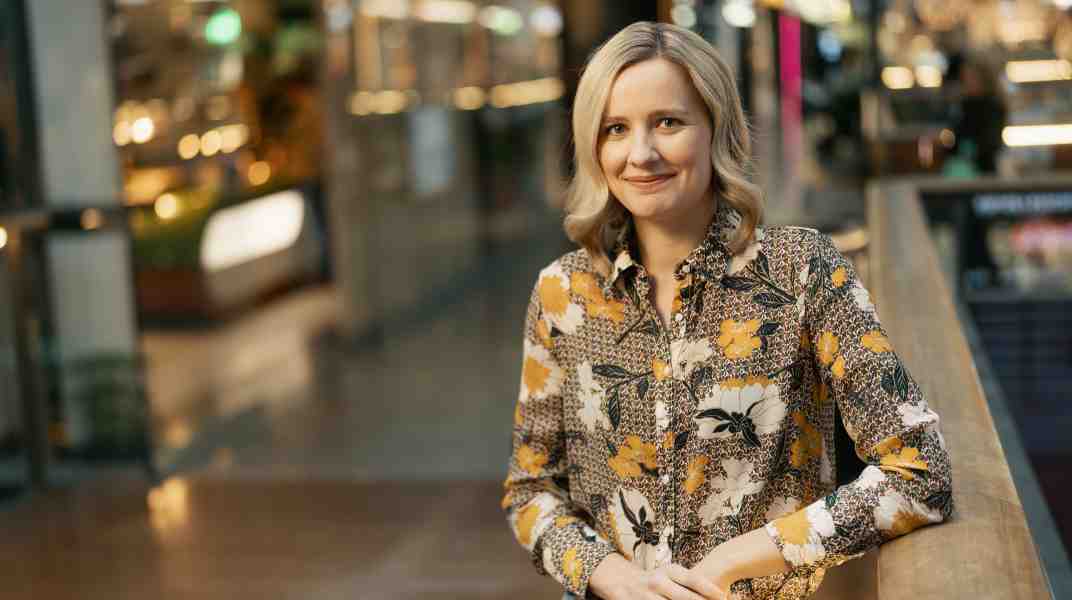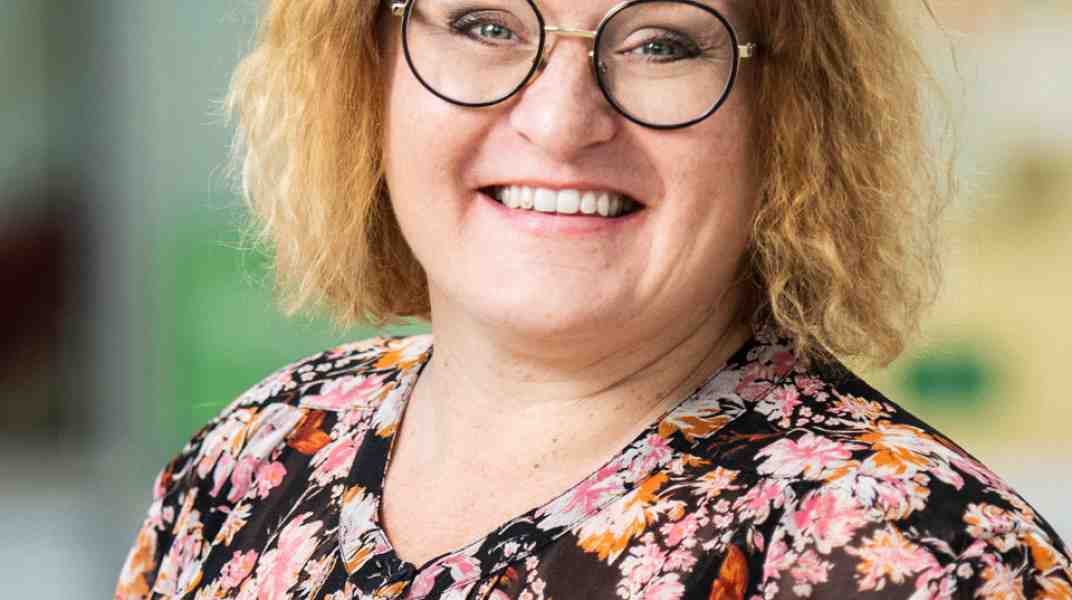Sustainable consumption is a growing trend, and as a result the global resale economy is growing at a rapid pace. The ‘pre-loved fashion’ market is fuelled by changing attitudes towards the concept of ownership and shaking of the negative connotations of second-hand fashion.
We Started This, or WST for short, aims to tackle the issue of fashion’s big environmental impact by selling high-quality second-hand clothing both online and offline. Founded in 2013, the company has grown from a web shop selling the three founders’ own clothes into a profitable business with an official collaboration with Finnish brands Marimekko and Kalevala Koru.
We sat down with Marta Jaakkola, one of the three founders of WST to talk about their concept and the pre-loved fashion market in the Nordics.
Q: What does the second-hand fashion market in the Nordics look like and how has it evolved since you started?
A: Well, we’ve seen huge growth in the market but also in attitudes. When we started out in 2013 and still in 2015 when we opened our store in Iso Omena, you needed to explain why and how buying high-quality second-hand clothing is an alternative to new garments as well as an environmentally friendly choice. Nowadays everyone gets it. It’s very difficult to find official figures for the growth of the resale economy, but the fact that, for instance, Facebook built their marketplace functionality to enable this only shows that the growth has been huge.

Q: How did you come up with the concept for WST and how does it work?
A: I think that each of us has a bit of a different story to this, but my story is that I met Sara in business school in 2010, and she asked why there wasn’t any web shop where you could buy used brand clothing from high-quality brands. I said that I don’t know, but let’s start one. We were all abroad for a while studying, but when we returned, we started this.
At first, we had a web shop that we ran from my co-founder’s parents’ basement. Then we had pop-up stores all over Helsinki and one day my colleague found the enrolment information for Citycontest. We applied and eventually won the student competition organised by Citycon which enabled us to open our first store in Iso Omena.
The way it works is that consumers can both sell and buy their clothes either online or in the store. We check all the clothes before selling to make sure they are in good condition and fit our criteria. The selection is a bit different online and in our store, so you always get something extra if you visit our store. And all the online clothes can be tried on in our store if you aren’t sure about the size.
Online and offline really do support each other since almost everyone is connected to the web almost all the time. You need an online presence to be found, but the experience and ambiance of the physical store to really win the consumers over and show your concept. Currently, we sell more at our physical store than online, but of course we would like that to change since the potential for growth online is bigger.
Q: What are the biggest hit products? What do people buy second hand? What don’t they buy?
A: Everyday wardrobe essentials. Marimekko as a brand is always in demand, and we have a cooperation with them, so you can always find good Marimekko items in our store. But basically, everything from shoes to bags to dresses and sweaters.
We have a certain style and even though we’re a second-hand shop, we focus on current and timeless fashion items and we don’t sell retro or vintage clothes. We want to renew the way people see second-hand clothes, and that’s part of our brand as well.
Q: What brings customers to WST and how important is sustainability versus price to you and your customers?
A: We’ve always tried to sell items that are as good as new. This means that first of all the attraction comes from the items themselves, and then as an added bonus there’s the price and the fact that it’s the most environmentally friendly way to buy clothes. Nowadays the first choice for many is to buy certain items second-hand, and the second choice is to buy a new item. This is something I find really cool. We see this for example when it comes to winter jackets or high-quality sweaters.
For us the whole concept is based on our values and hence sustainability is very important to us. We want to change the way people buy and sell clothes onto a more sustainable track. And that’s the way to change the world. By being sufficiently similar and at the same time sufficiently different to change the system from within.
Q: What are your main competitors? Fast fashion or Facebook marketplaces?
A: We get that question a lot. I would say that our competition comes from all stores and webpages where you can buy anything or spend time. Because that’s what you need to make a buying decision, time to choose and browse and money to buy the items with.

Q: How has it been having a second-hand store in a shopping centre?
A: We probably wouldn’t have thought about it if we wouldn’t have won the Citycontest competition. But today we are very pleased with Iso Omena. We really like our location right beside the library since people who loan books from the library probably are more prone to understand that used stuff can be just as good as new ones. And we do feel that this is not just your regular shopping centre, since there is so much more going on here than just shopping.
Q: What are your next steps and what do you think the future of the resale economy in the Nordics looks like?
A: I think that the future of the business is not so much in any new concept, but rather in a change in consumer behaviour. Most of us in the Nordics already have more than enough clothes and things. Making space for something new for you, but not necessarily newly produced, in your closet by selling of something rather than just buying new stuff is a growing trend. With more players in the market this will become a mainstream way to sell and buy clothes. At WST we would like to have more stores to be able to reach a wider audience, and we have plans to grow online too. But who knows, maybe we’ll try out renting clothes as well.
Over70%of consumers in Finland, Sweden and Denmark say that sustainability impacts their buying decision
According to the Sustainable Brand Index, over 70% of consumers in Finland, Sweden and Denmark say that sustainability impacts their buying decision – second-hand fashion is increasingly the choice for the environmentally conscious. Finnish WST is one of the growing companies who aim to take advantage of this change in consumer behaviour and at the same time diminish the footprint of Nordic fashion lovers.



